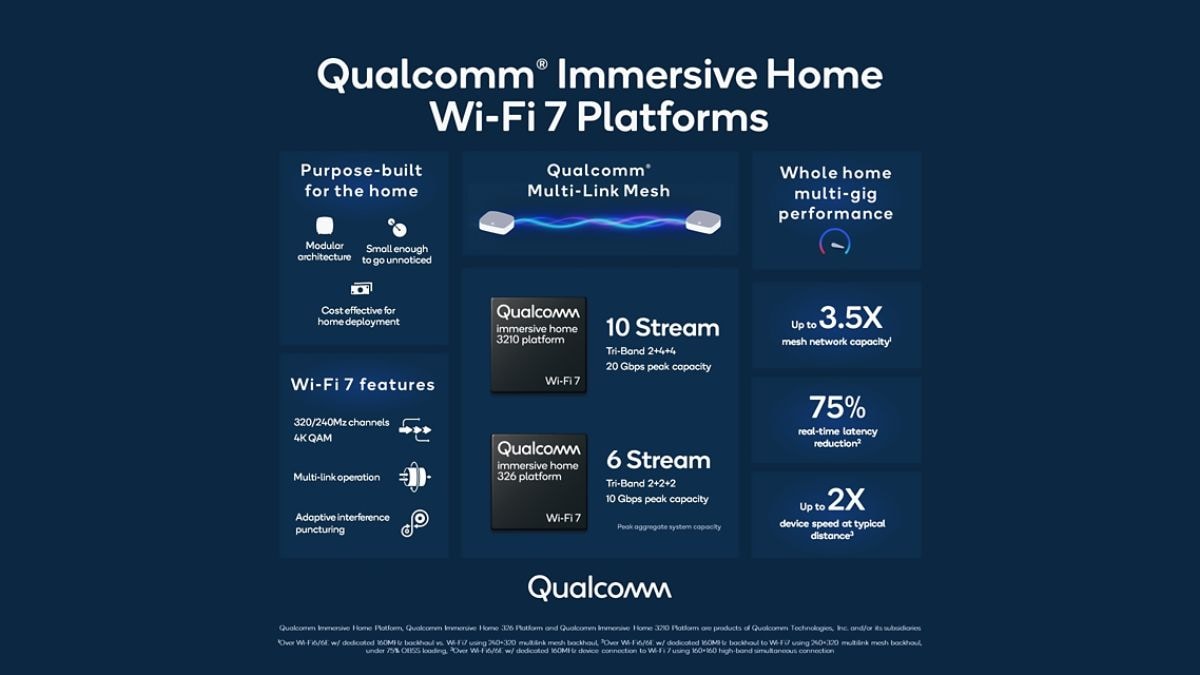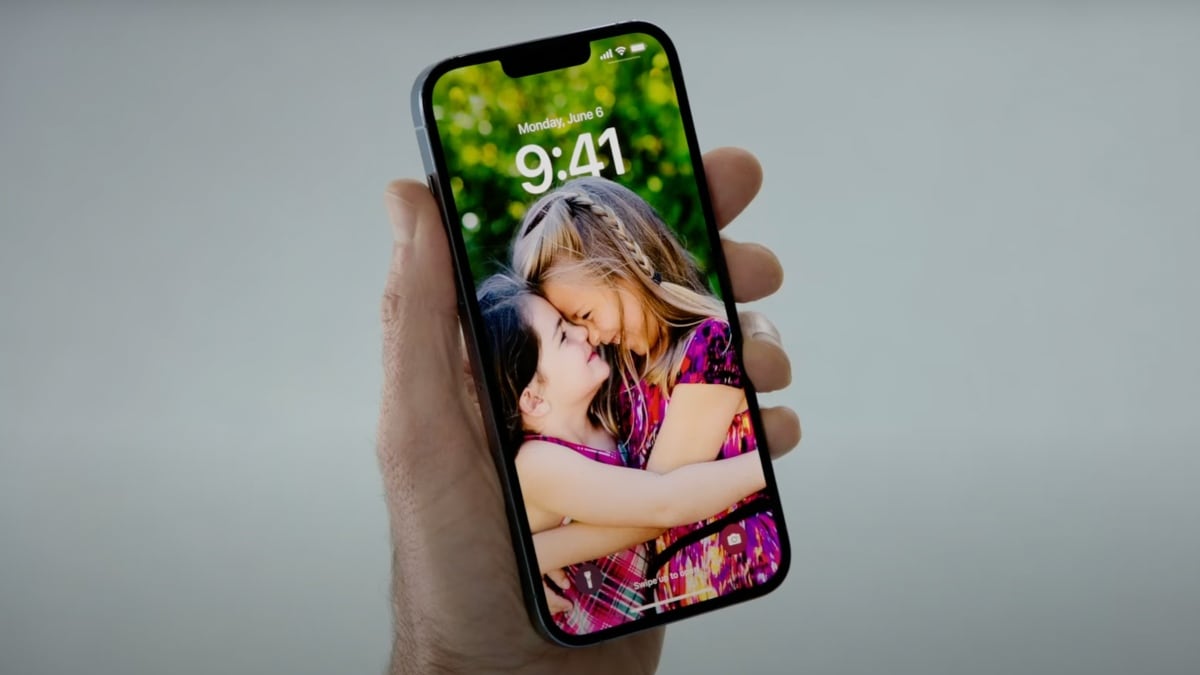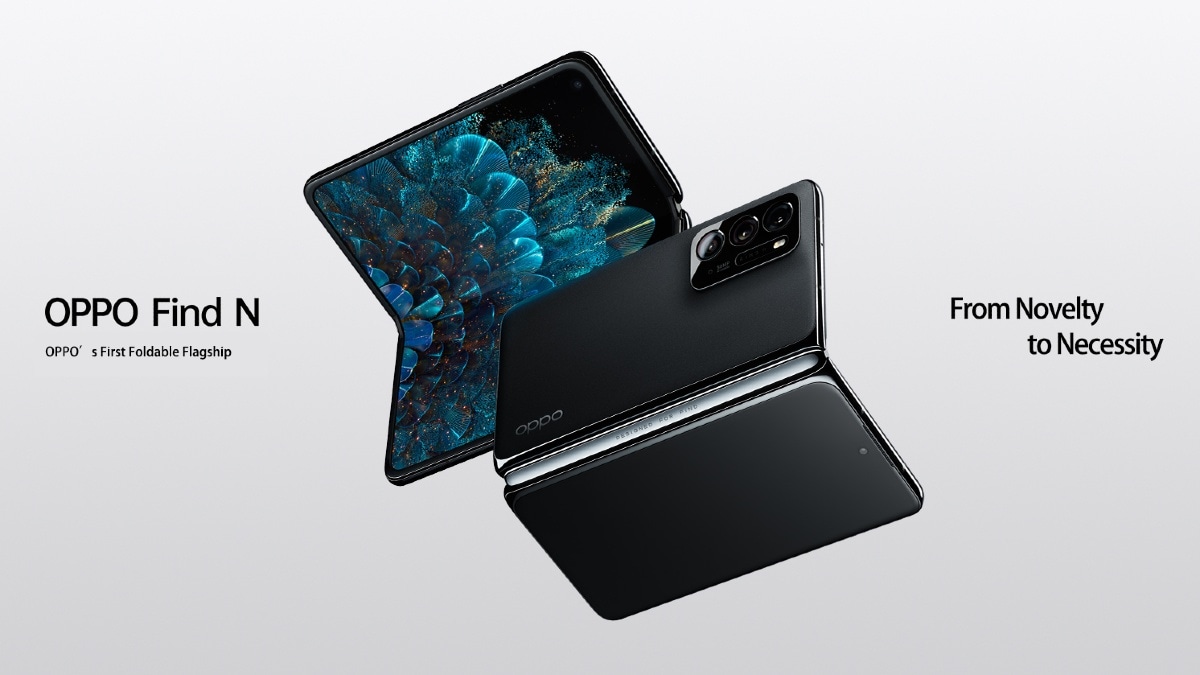Google Expands Bard AI Chatbot Access to Teenagers With Focus on Learning Tools
Google released its Bard AI chatbot to public in March, seeking to catch up to OpenAI’s wildly popular rival, ChatGPT. Initially available only via a waitlist in the US and the UK, the generative AI-backed chatbot was later rolled out in 180 countries and territories, including India, at Google’s annual I/O conference in Mountain View, California, in May. Since then, Bard has continued to grow, adding new features and language support in different regions. Now, Google is expanding access to Bard by bringing the chatbot to teenagers.
In its blog post on Wednesday, the search engine giant said it was opening up access to Bard to teenagers in most countries around the world. “Teens in those countries who meet the minimum age requirement to manage their own Google Account will be able to access Bard in English, with more languages to come over time,” Tulsee Doshi, Head of Product for Responsible AI, said in the post.
Google is positing Bard as a helpful learning tool for younger users, who it says can use that chatbot to aid in schoolwork, university applications, and picking up new hobbies and activities. Bard could also help students come up with ideas for science projects or learn more about specific time periods in history, the company said.
In a push for interactive learning, Bard will now include a math learning experience, wherein users can simply type in or upload a picture of a math equation, and Bard will generate a step-by-step explanation of how to solve the problem. Aside from math problems, the AI chatbot will also bring data visualisation tools, helping students generate charts and tables. Both these features are now live, initially available only in English.
Bard can now solve match equations
Photo Credit: Google
Over the past year, as artificial intelligence entrenched its presence by integrating with apps and devices people use, the emerging technology has also sparked scrutiny over its harmful effects. As Google opens up its chatbot to younger users it says the focus remains on responsible AI use. The company said it consulted with child safety and development experts for the Bard experience to remain safe for teens.
Teenagers themselves directly shared feedback over how to use generative AI with Google. The company has also developed an onboarding experience for teens in Bard that includes its AI Literacy Guide and a new video with tips on how to use generative AI responsibly. Additionally, Google has trained its chatbot to identify content and subjects that could be inappropriate for teens, while also putting safeguards in place prevent unsafe content to show up in Bard responses.
Bard recently received a suit of new features as Google scrambles to catch up to rival chatbot ChatGPT and Microsoft’s Bing Chat. These include the ability to fact-check its answers and analyse users’ personal Google data, creating more synergy between Bard and other Google products.
Bard Extensions enables users to import their data from other Google apps like Google Drive or Gmail. The company is also working with external partners to connect their applications into Bard in the future, Google senior product director Jack Krawczyk said back in September. Bard is also susceptible to “hallucinations,” or inaccurate answers to user queries. With the new update, the chatbot admits when it’s not sure about its responses.
While Bard continues to expand access, it still has a long way to go in its popularity race with ChatGPT. In August, Google’s chatbot recorded 183 million visits, 13 percent of what ChatGPT received, according to website analytics firm Similarweb. OpenAI’s tool, meanwhile, continues to lead the AI chatbot charge with 100 million weekly users.
Check out our Latest News and Follow us at Facebook
Original Source







